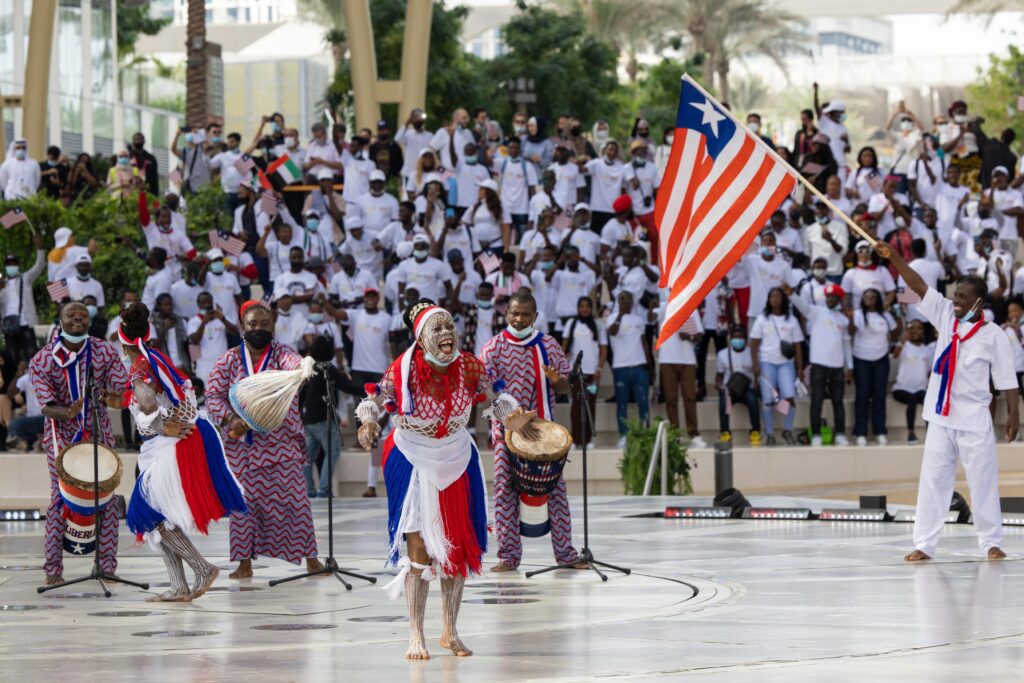Liberia seeks to redefine itself as a tourism destination. Rich in natural beauty and cultural heritage, Liberia holds untapped potential in her tourism industry. The country offers adventurous travellers a unique and diverse experience, from pristine beaches to lush rainforests and vibrant cultural traditions. However, the country’s tourism sector remains underdeveloped, grappling with infrastructural deficits, safety concerns, and a lack of investment. Its geographical landscape is a tapestry of scenic wonders. The coastline, stretching up to 560 kilometres, is adorned with beautiful, largely untouched beaches. The Sapo National Park, one of West Africa’s largest rainforests, is a biodiversity hotspot teeming with unique wildlife. The country’s cultural landscape, shaped by a rich history and diverse ethnic groups, offers a compelling narrative for cultural tourism. Despite these assets, Liberia’s tourism industry remains a shadow of its potential.
On August 2, 2024, Liberia held a national tourism stakeholders dialogue. The dialogue is a collaborative initiative involving the Ministry of Information, Cultural Affairs and Tourism (MICAT), the Environmental Protection Agency (EPA), the United Nations Development Programme (UNDP) and the United States Agency for International Development (USAID). It brought together diverse participants, including local government officials, international tourism experts, and representatives from various related organisations. The dialogue outlined several gains made by the Department of Tourism over the last 90 days, including the opening of the Tourism Information Booth at RIA, Customer Service Training for Liberia Immigration Service, Upgrade & Printing of Smart Tourism Permits, and an increase in tourism revenue generation, among Others. The national tourism stakeholders dialogue marked a critical point in Liberia’s history, recognising tourism as a government priority and a cornerstone of nation-building; however, some challenges persist.
One of the most significant obstacles to the growth of tourism in Liberia is the poor infrastructure. The country’s roads, especially those leading to tourist attractions, are often disrepair, making travel arduous. Limited flight connectivity further hampers accessibility, with only a handful of international airlines servicing the country. Additionally, a lack of quality accommodation and hospitality services deters many potential visitors. Also, Liberia’s political instability and conflict history have left a lingering perception of insecurity. While the country has made significant strides towards stability, petty crime and corruption persist. The absence of a robust and well-enforced regulatory framework further exacerbates these concerns, affecting both local and international tourists’ sense of safety.
The tourism sector also suffers from a chronic lack of investment. Both public and private sectors have shown limited interest, resulting in inadequate funding for development projects. Moreover, Liberia’s tourism potential is under-advertised. The country lacks a cohesive marketing strategy to showcase its attractions to the global audience, leaving many unaware of the experiences it offers. Despite these hurdles, there are green shoots. Surfing has emerged as a niche attraction, drawing enthusiasts to Liberia’s pristine breaks. Eco-tourism, centred around the country’s biodiversity, also holds promise. However, these nascent sectors require careful nurturing and investment to reach their full potential.
Nigeria stands as a potential partner in revitalising Liberia’s tourism industry. Nigerian investors, businesses, and tourists can be crucial in injecting much-needed capital and expertise. For instance, Nigerian hotel chains and airlines could expand into Liberia, improving infrastructure and connectivity. Joint tourism packages could be developed, offering seamless travel experiences across the two countries. Furthermore, Nigeria can provide technical assistance in security and regulatory frameworks. The Nigerian Tourism Development Corporation (NTDC) can collaborate with Liberian authorities to establish standards and best practices for the industry, enhancing safety and service quality. A regional approach is also essential. The broader ECOWAS region is also vested in promoting tourism within West Africa. By facilitating cross-border cooperation, ECOWAS can help create a regional tourism circuit, leveraging the unique attractions of member states. This could include strengthening policies to ease business investments and coordinated marketing campaigns to attract international tourists. Additionally, ECOWAS can offer financial and technical support to member states like Liberia, helping to build the necessary infrastructure and capacity for a thriving tourism sector.
Liberia’s tourism industry, though nascent, holds promise. With strategic infrastructure, safety, and marketing investments, the country can unlock its potential as a prime destination in West Africa. Nigeria and the broader ECOWAS region have a significant role in this transformation, offering investment, expertise, and regional cooperation. By capitalising on these opportunities, Liberia can turn its natural beauty and cultural richness into a thriving, sustainable tourism industry, benefiting the country and the entire region.

